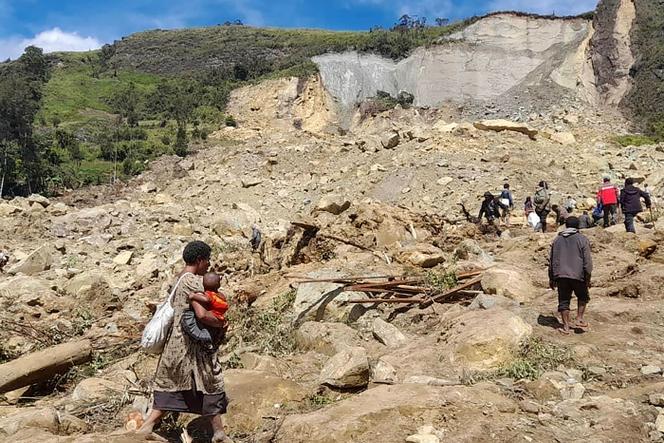


A long-standing promise in climate negotiations has finally been kept, and not just any promise: a symbol that has become the basis of trust between countries in the North and South, and a driving force behind climate action. For the first time, developed countries have not only met but also exceeded their target of mobilizing $100 billion a year to help developing countries cut emissions and cope with climate change. They provided nearly $116 billion in 2022, according to the latest available data published Wednesday, May 29, by the Organisation for Economic Co-operation and Development (OECD).
This commitment was made in Copenhagen in 2009 and should have been met by 2020 at the latest. Delays and the lack of progress in climate financing over the years have poisoned relations between North and South, and put the brakes on climate negotiations. The developing countries have hammered home the point: This commitment is not charity but a moral obligation. Rich countries, historically responsible for climate disruption, must help the poorest, who pollute little but pay the heaviest price, according to a fundamental principle of climate negotiations for the past 30 years.
"This achievement occurs two years later than the original 2020 target year," said the OECD. The sum is also much higher than anticipated, due to a 30% increase in financing between 2021 and 2022, a record. "This is very good news. We hope it will break the deadlock in the current climate negotiations on financing," explained Raphaël Jachnik, climate finance expert at the OECD.
States have begun negotiating a new global financing target, to replace the largely inadequate $100 billion from 2025 onwards. These tense negotiations will be at the heart of the climate conference (COP29) in Baku, Azerbaijan, in November. "To meet our climate objectives, this momentum needs to be maintained until 2025, and then accelerated," said Lola Vallejo, special climate adviser at the Institute for Sustainable Development and International Relations.
In detail, public financing accounted for almost 80% of the overall envelope in 2022, amounting to nearly $92 billion. Driven by development banks, multilateral financing has seen the strongest growth since counting began in 2013 (+226%), while bilateral (country) financing has risen by 82% over the period. Private financing has also improved strongly, reaching almost $22 billion in 2022 (+52% compared to 2021) after several years of relative stagnation. Lower to middle-income countries are the main beneficiaries of these public and private funds, while least-developed countries and small island developing states have benefited more than in the past.
You have 56.94% of this article left to read. The rest is for subscribers only.
